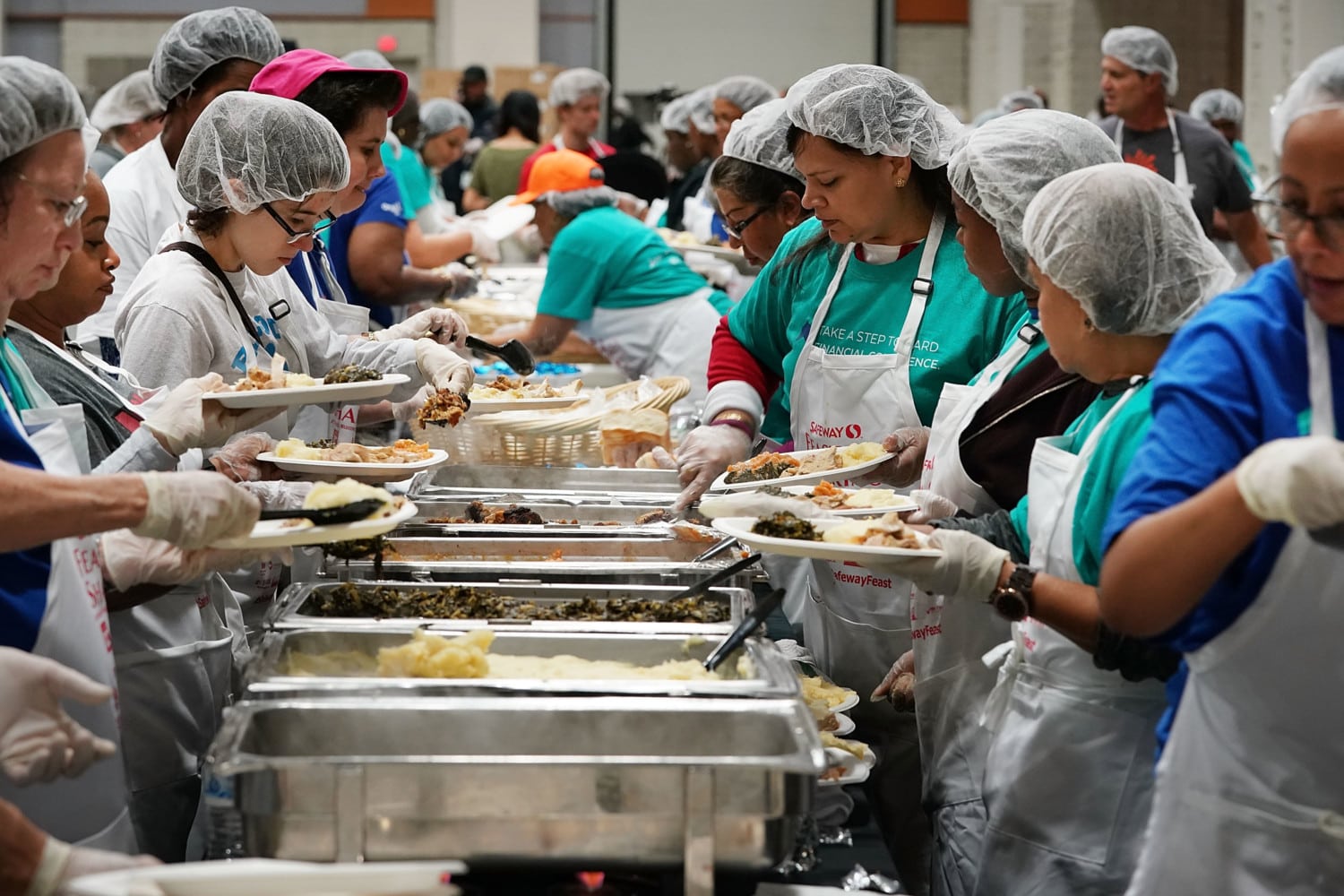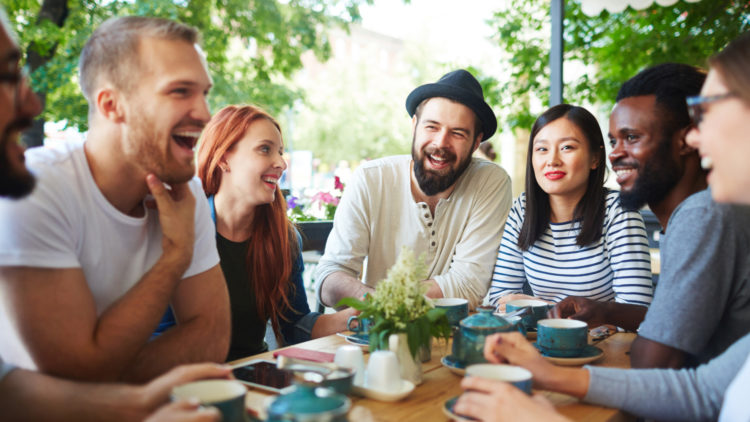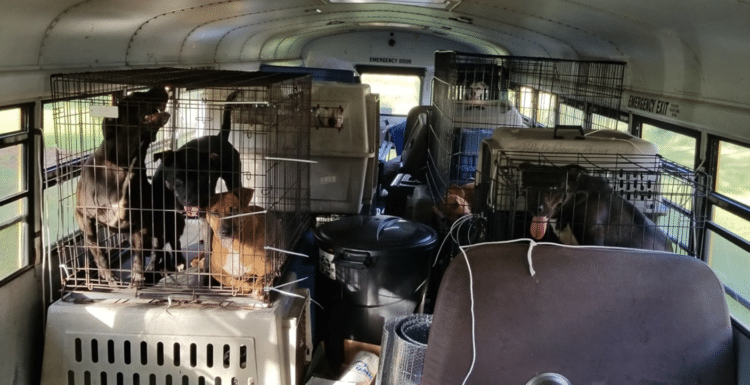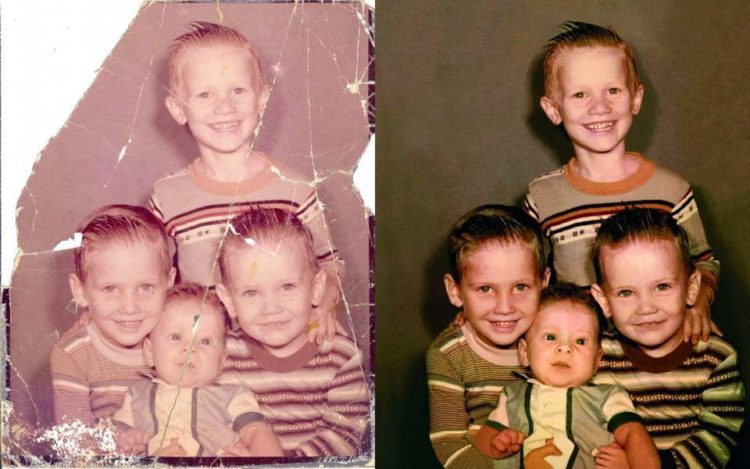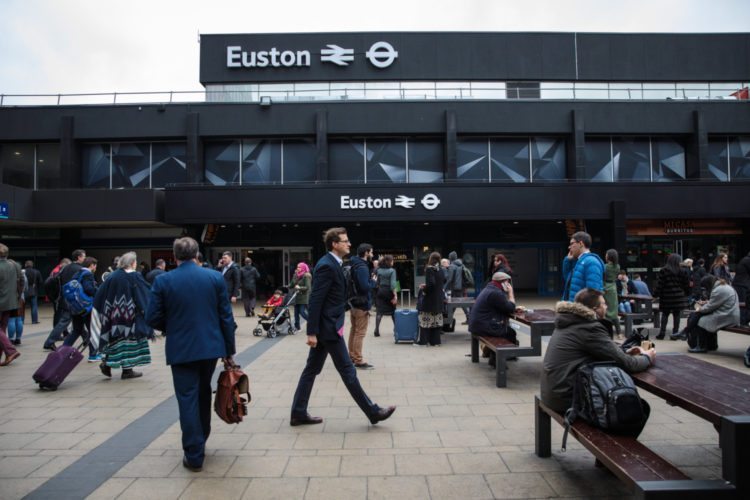The ‘helper’s high’ is why volunteering makes you feel so good
Whenever natural disasters or tragedies occur, I’m reminded of a poignant Fred Rogers quote. The beloved Mister Rogers famously shared, “When I was a boy and I would see scary things in the news, my mother would say to me, ‘Look for the helpers. You will always find people who are helping.’”
Now I, too, look for the helpers when the headlines bear bad news. And, like Rogers, I always find them and feel comforted.
A new study shows that helpers themselves reap benefits for their efforts, too. Those benefits are referred to as the helper’s high, and simple acts of volunteering kick it into gear.
How Helping Works
Psychologists identified the helper’s high after noticing that people engaged in charitable activity reported a state of euphoria. It makes sense. When you do a good deed, your body releases endorphins. In fact, the act of giving produces endorphins in the brain in much the same way exercise does. And that high shows up in the same area of the brain that’s activated in response to food or pleasure.
Researchers at the National Institutes of Health observed this brain activity in participants who were considering donating money to charity. Another study completed at Emory University confirmed the same brain activity. Studies like these show that doing good has a clear biological imperative. Acts of altruism can boost your attitude and make you healthier, happier and less stressed.
Physical Perks
The helper’s high is just one of many perks for the altruist. Altruism also boosts feelings of gratitude. Helping others who are going through a difficult time can remind the volunteer of their own good fortune.
In addition, altruism improves physical wellbeing. There are many variables at play, but researchers have found that volunteers tend to live longer and often have better physical health than those who don’t give back.
No matter how you choose to help, it seems that giving back is a win-win.


